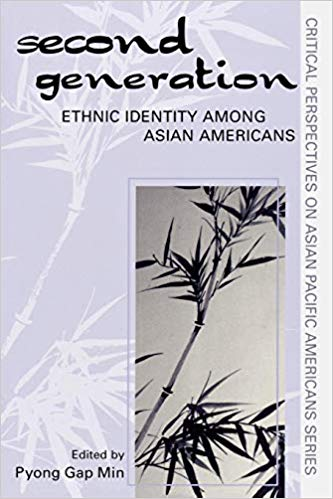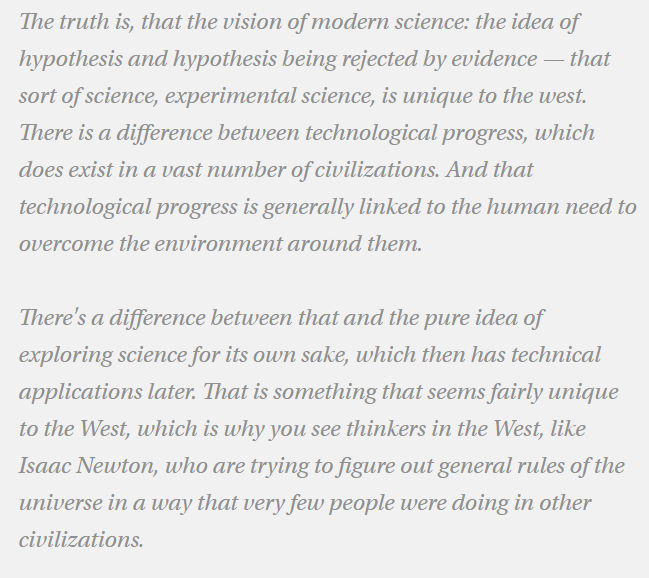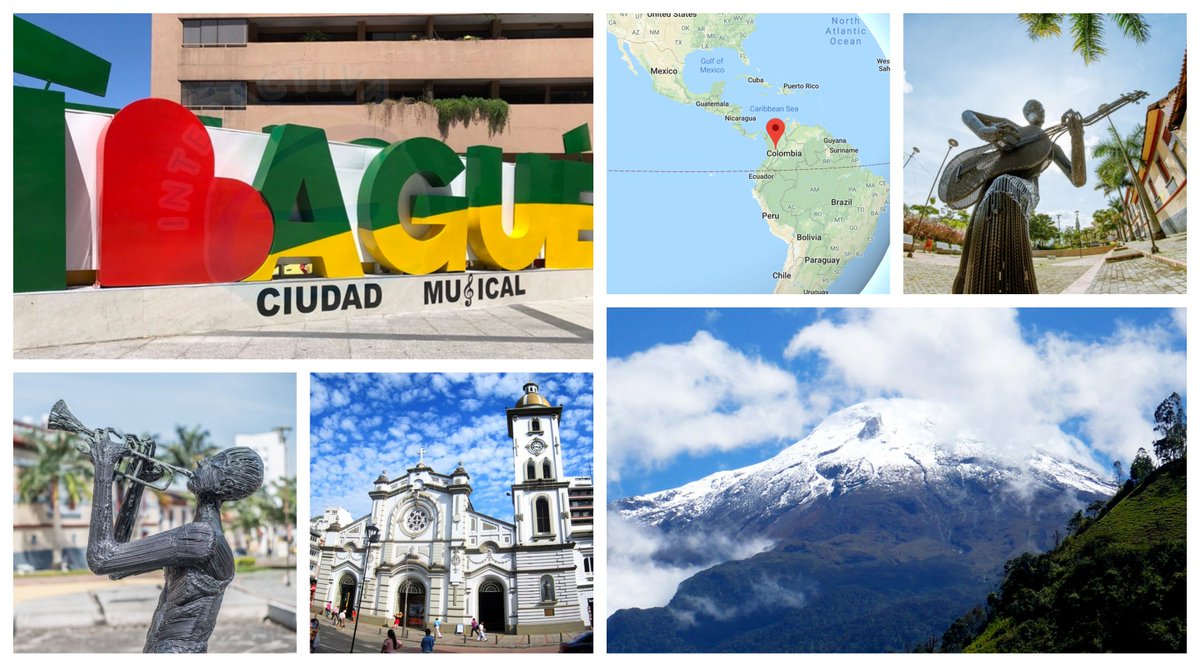amazon.com/Second-Generat…

Unable to feel at home in either the American mainstream or their parents', some 2nd-gen folks make resistance to the American mainstream their identity.
But there are a number of reasons why this reaction will be misplaced.
To me, that suggests they are part of a necessary phase of individuation and adulthood that most Americans go through.
The other ethnographies in this book lay out a number of alternate scenarios that are probably much more common.
A vast diversity of life paths and choices.
It tells the story of how Filipinos in Southern California banded together to resist Latino youth gangs. (Whites aren't even mentioned in the chapter!)
America contains multitudes.
(end)








